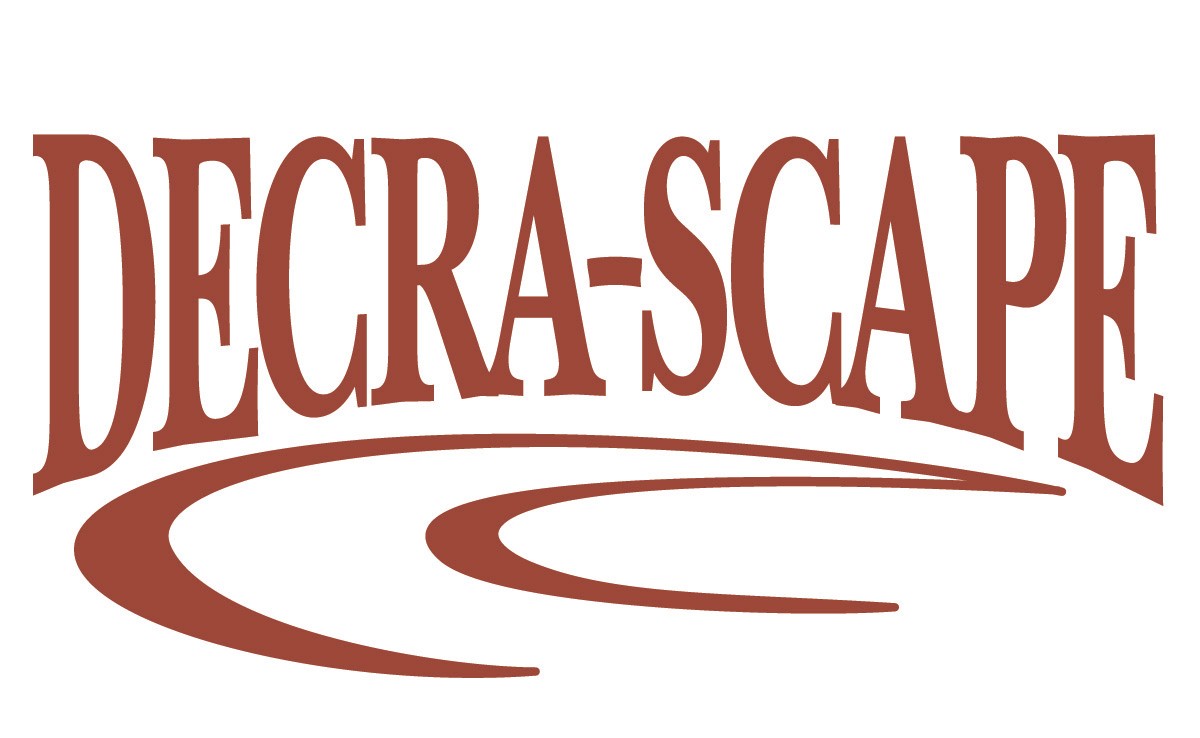When having a new driveway designed, it’s important to choose the right materials. If you’re wondering which material will give you the looks and performance you’re looking for, here’s some guidance for making the choice between brick or concrete pavers for your Troy, MI, driveway.
Related: Choosing Paving Stones for Your Walkways in Rochester Hills, MI
Pros and Cons of Brick Driveway Pavers
There’s something special about brick. It’s a time-honored building material, and you can see it all over the world’s streets, sidewalks, plazas, and patios. With good reason! Bricks are made using fired clay. While they’re beautiful when newly installed, they take on incredible charm over the years as they weather. On driveways, bricks are most commonly laid in herringbone or running bond patterns—classic patterns that withstand the additional demands of vehicular traffic and give a historic charm to your home. Bricks don’t require sealing, although it’s recommended to prolong their lifespans.
A potential downside to clay brick is that brick driveway pavers are only available in a few colors based on the type of clay used to manufacture them. This can be a drawback if you love the timelessness of brick but don’t want to be limited to a few shades of “brick red.”
Brick pavers are only available in limited sizes, which can be a challenge if you want a brick driveway that uses more substantial sizes than the brick on your home’s siding. They can also crack under heavy loads, although they’re usually up to the job as materials for residential driveways; of course, proper installation is a must to ensure the integrity and durability of any driveway. Another downside to brick is that if left unsealed, water could penetrate the brick and potentially cause chipping and flaking, especially in areas like Michigan, where the freeze-thaw cycle can wreak havoc on hardscapes.
Pros and Cons of Concrete Driveway Pavers
Concrete pavers give you the same traditional aesthetic as clay brick, but with the long-lasting strength of concrete. Concrete pavers come in a huge array of colors that include blended colors. Some pavers are available in several complementary colors that can be blended onsite for a one-of-a-kind look that picks up various colors of the landscape and the home. Concrete pavers are also available in a range of sizes for added design flexibility. Quality concrete pavers are extremely durable and like brick, will age well over the years. Water penetration is less of an issue with concrete pavers than with brick, although this depends on the quality of the pavers themselves and whether the pavers are sealed.
Do keep in mind that concrete pavers can fade faster than brick if they are not sealed (although sealing is not generally a requirement). Choosing a good quality paver and regular application (every three to four years) of a penetrating or surface sealant that is UV-resistant is a proven way to minimize fading. Even though good quality pavers don’t necessarily require sealing, it’s a good idea to minimize water penetration and damage caused by the freeze-thaw cycle.
The Takeaway
If you’re a purist and want nothing but the real thing, then brick could be the clear choice. However, if you want a greater range of colors and sizes, concrete pavers deliver. Both materials—when properly installed and cared for—will last many decades and give your home a stylish and inviting look.
Related: Landscape Design Ideas to Think About for This Summer in Canton, MI



